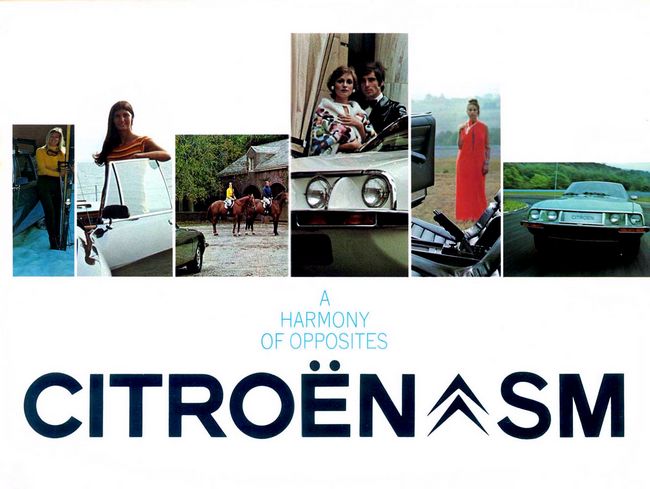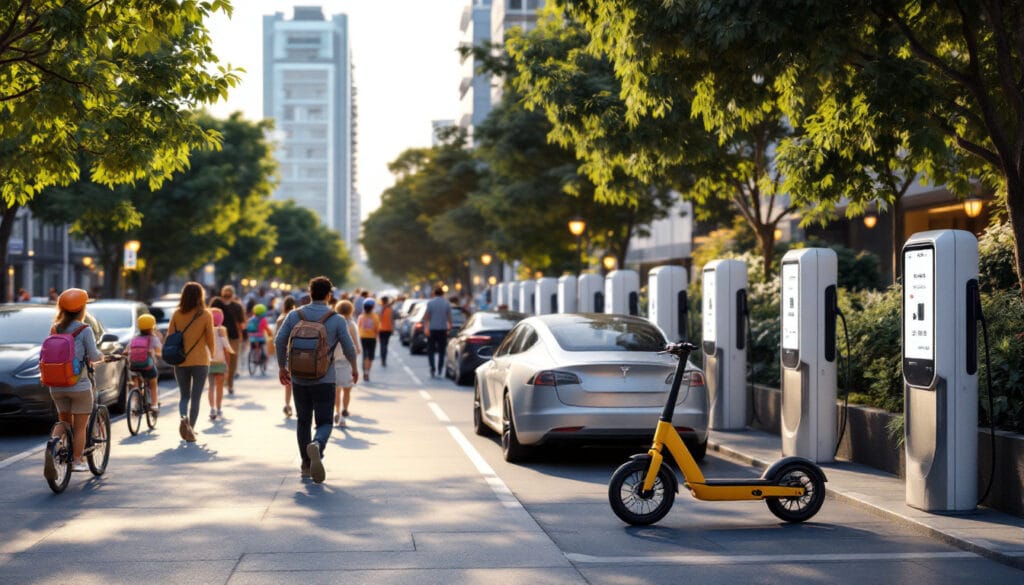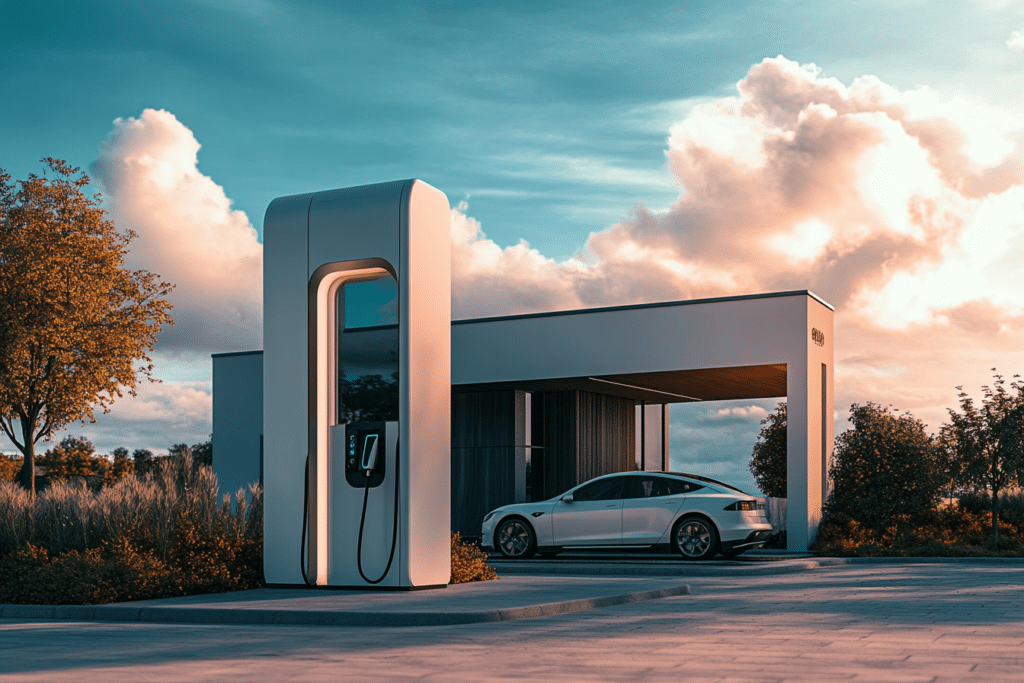Drivers in the United States who choose to drive hydrogen vehicles or electric cars find themselves in a tricky situation. Despite their willingness to embrace a more environmentally friendly future and contribute to reducing *carbon emissions*, they face *additional fees* and *high insurance premiums* that make these eco-friendly models less attractive. In pioneering states like California, these cars incur charges like the “road improvement fee,” which eats into the savings made from the absence of fuel taxes. At the same time, range anxiety remains an additional barrier, hindering the integration of these green vehicles despite the growing network of charging stations and hydrogen refueling stations. While environmentalists contest what they see as an injustice, debates around the need for both equitable contributions and incentives for adopting sustainable technologies intensify.
Acquiring a hydrogen vehicle or an electric car in the United States initially seems like a step towards a greener future. These vehicles aim to reduce carbon emissions and improve air quality. However, additional registration fees as well as high insurance premiums make these options financially less attractive. In California, for instance, an annual “road improvement tax” of up to $175 is imposed on zero-emission vehicle owners, exacerbating their range anxiety.
Insurance costs are also higher, due to the high production costs of zero-emission vehicles and the specialized repairs required. Owners often feel penalized, creating a form of “green guilt,” prompting nearly half of them to consider returning to conventional vehicles. To offset this, some advocate for fee reductions and financial incentives, drawing inspiration from models in countries that offer significant benefits to clean vehicle drivers.

the financial challenges of clean vehicles in the United States
Owning a clean vehicle, such as an electric or hydrogen car, is often perceived as an investment for a greener future. However, owners in the United States face a set of unexpected fees that complicate this eco-friendly endeavor. In California, for instance, zero-emission vehicles are subject to an annual fee that can reach $175, a sum that is expected to increase each year. These costs are intended to compensate for the decline in fuel tax revenues, traditionally allocated to road infrastructure projects.
impact of higher insurance premiums
Beyond registration fees, drivers of clean vehicles encounter the surprise of even insurance premiums often higher than those of traditional cars. The reason for these increases is primarily attributed to the higher manufacturing cost of zero-emission vehicles and the complexity of repairs, particularly with battery systems and hydrogen fuel storage. For example, a minor accident may require costly repairs not only to the bodywork but also to these specific systems. This results in a financial burden, calling into question the economic viability of owning such cars.
advocacy for incentive policies
In light of these rising costs, environmental advocates and clean vehicle owners are pushing for incentive policies that would reduce these burdens. A popular proposal is to offer insurance discounts or reduced registration rates for zero-emission vehicles. Meanwhile, efforts would also be needed to develop the charging and refueling infrastructure to alleviate range anxiety, another significant obstacle. Such initiatives could encourage more consumers to opt for cleaner cars and mitigate the sense of “punishment” felt by many for choosing a greener path.
Articles similaires
Thank you!
We will contact you soon.














